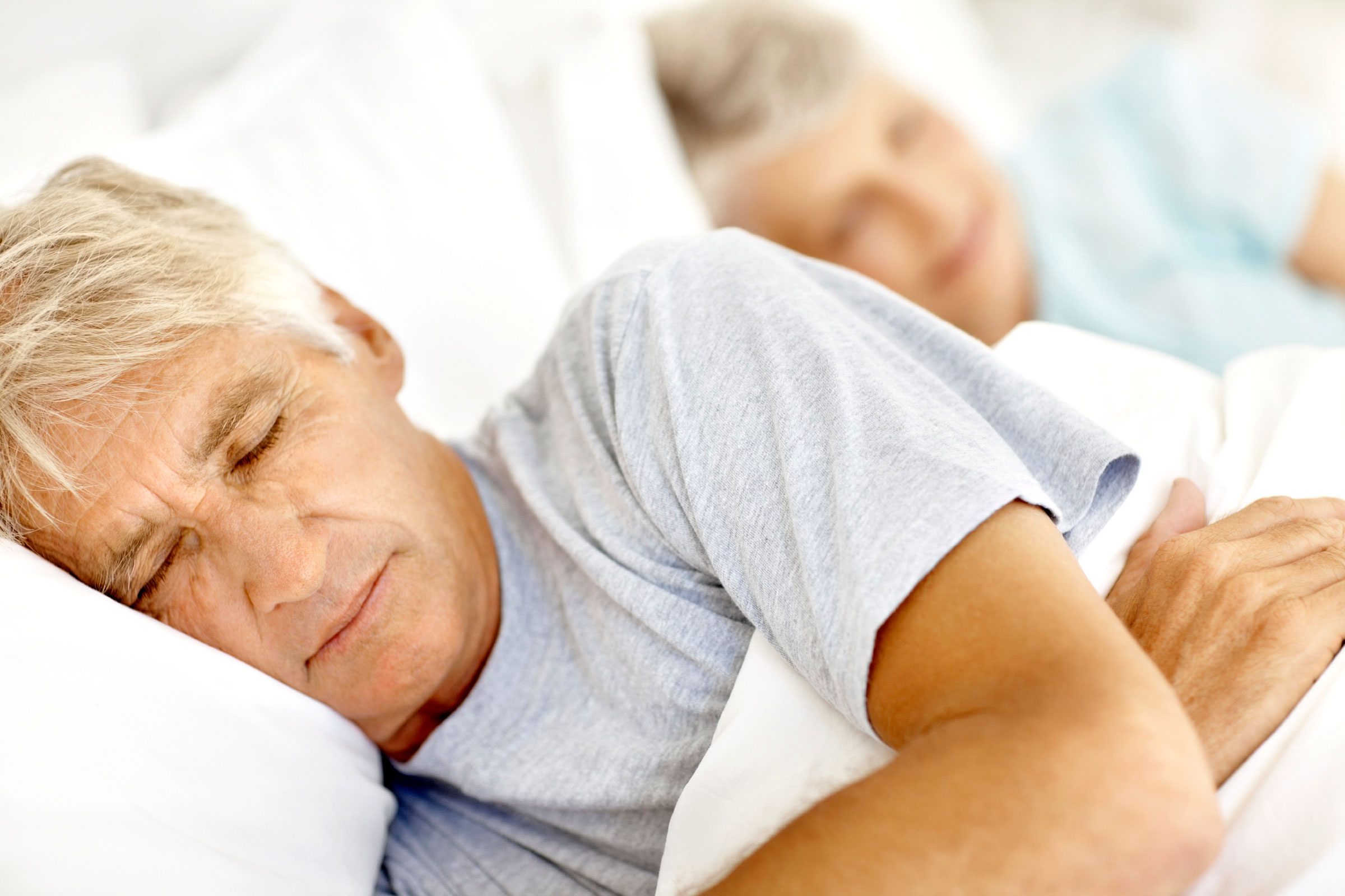No products in the cart.

NSF’s 2003 Sleep in America poll revealed: 77% of older adults who are obese report some kind of sleep problem. More recently it is being suggested that the first step to treating obesity may be to diagnose and treat sleep deprivation. With appetite and low energy being the main consequences of sleep deprivation, as well as the main causes of weight gain, it is reasoned that improving one will benefit the other. Listed below are three main ways that sleep deprivation and obesity are casually related.
- Sleep and obesity interchangeably interact with one another. A lack of sleep will result in less energy and can lead to being unmotivated to exercise or stick to a diet plan. However, the more overweight a person is, the higher the risk of sleep-disordered breathing and other inadequate sleep patterns. This cyclical pattern is advised to be broken by addressing the poor sleep habits first to better maintain energy levels to address diet and exercise habits.
- Inadequate sleep patterns and sleep deprivation can also enhance psychological effects that relate to appetite. While some may experience a lack of appetite, the majority of the population will have an increased appetite and crave foods that are high in fat.
- Hormones play a significant role in the relationship with sleep and weight gain. There are two hormones that are significantly affected by sleep deprivation. Leptin, which naturally performs as an appetite suppressor, and ghrelin, which increases appetite and impacts body weight. These two hormones have a reciprocal relationship in reaction to sleep deprivation. When there is a lack of sleep, the leptin levels lower while the ghrelin levels rise, which signals the body to intake food to increase energy.
Browse our Healthcare Mattresses to begin your journey to a better night’s sleep!
You might also be interested in:

-
/
Rest for Success: When to Bid Adieu to Your Old Mattress
Rest for Success: When to Bid Adieu to Your Old Mattress We spend about a third of our lives in bed, and the quality of our sleep directly impacts our overall well-being. One often overlooked factor in achieving a good night’s sleep is the condition of our mattress. As the years go by, our faithful […]
Read more
Unveiling the Truth: Busting Common Mattress Myths
Unveiling the Truth: Busting Common Mattress Myths A good night’s sleep is crucial for overall well-being, and the right mattress plays a pivotal role in achieving that. However, amidst the quest for the perfect mattress, numerous misconceptions have caused mattress shoppers confusion when searching for the right mattress. Our latest blog unravels the truth behind […]
Read more
-
/
How Medical Bed Mattresses Aid in Post-Surgery Recovery
How Medical Bed Mattresses Aid in Post-Surgery Recovery Surgery can be a daunting experience, regardless of its nature or severity. The period following a surgical procedure, known as post-surgery recovery, is crucial for achieving the best possible outcome. While factors like rest, nutrition and pain management are widely acknowledged as vital, the role that medical […]
Read more
-
/
Meeting Medical Mattress Quality Standards
Meeting Medical Mattress Quality Standards Medical mattresses are designed to meet specific quality standards to ensure patient safety, comfort and hygiene. These standards are established to address the unique needs of healthcare environments as well as the patients utilizing these mattresses. Some key quality standards for medical mattresses include: Infection Control Standards Water […]
Read more